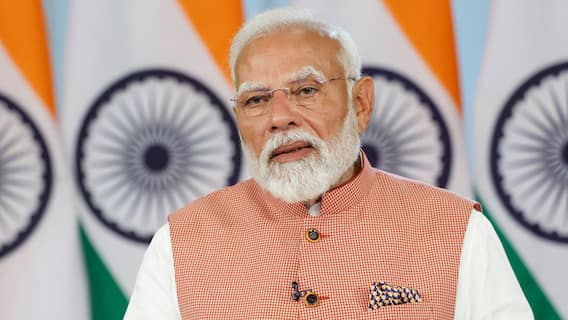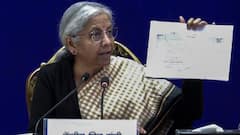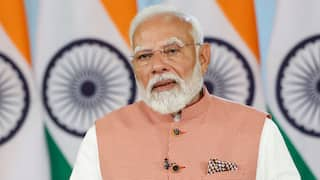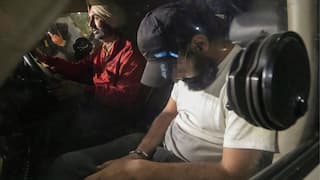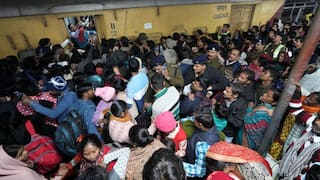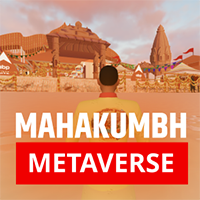Curious Case Of Vanishing Brands: Kelvinator, Jet Airways, More Popular Names That Have Disappeared From The Market
Companies collapse due to severe financial loss, die because they could no longer compete with rivals in an ever-evolving marketplace, and either acquired or merged with another big brand

Running a business is never an easy task. There are thousands of companies engaged in different sectors around the world trying to create a brand. However, of all those companies, only a few can make a mark in the minds of their target audiences. The brands, which are big names in the marketplace, could be a product, a service or a concept. Brands can easily be distinguished for its USP. But how does a brand disappear? How many known big names have vanished from the market in the past decades? Take a look.
Before citing names of brands which do not exist anymore in the market, let’s learn why brands disappear from the market.
The key reasons behind vanishing brands – companies collapse due to severe financial loss, die because they could no longer compete with rivals in an ever-evolving marketplace, and either acquired or merged with another big brand.
Samit Sinha, founder and managing partner, Alchemist Brand Consulting Pvt Ltd, has shared his views on the subject with ABP Live, saying it is a fact that while product categories have a lifecycle and are destined to die eventually, brands can actually live on forever. "While there are multiple reasons a brand can die – competitive pressures; poor financial management; shifting consumer needs, desires and aspirations etc. – the most avoidable reason that a brand can dies is by getting inextricably tied to a dying category and the inability to evolve and adapt to the category that replaces it."
Sinha cited two examples. "Kodak and Blackberry are two examples of this that spring to mind. In my view, the biggest cause of a brand’s death is failure of imagination," he added.
One of the household products in the Indian consumer space was Kelvinator, an American home appliance manufacturer. Kelvinator became a household brand in the line of domestic refrigerators during the 80s and 90s. Founded in 1914 in Detroit under the parent firm American Motors Corp, the brand, Kelvinator, is now defunct. The company is now owned by Electrolux.
Another known name in this space was Allwyn. An Indian brand which was popular for fridge, watch, home appliances, and automotive.
Hyderabad Allwyn Limited was established in January 1942 as Allwyn Metal Works. It was started as a joint venture of Industrial Development Trust of the Nizam's Hyderabad Government and M/s Allwyn & Company. Allwyn Refrigerators and Allwyn Watches were once a leading brand in the country during the 1970s and 1980s. According to news reports, the company was closed in 1995 after it incurred heavy losses, mostly because of mismanagement.
The airline industry has seen many ups and downs. Several companies have vanished from the Indian sky in the last decade. One such was Jet Airways, which during its heyday was a brand to reckon with. Founded by Naresh Goyal in 1992, the airline reached its zenith in late 90s and 2000. Jet earned its fame for its services it offered in the domestic and international routes.
It grew to be one of the largest airlines in India, with a 21.2 per cent passenger market share in February 2016. It operated over 300 flights daily to 74 destinations worldwide. One of the promising companies, however, pushed into troubled waters in 2018 on account of increasing financial losses. Ultimately the airline was declared bankrupt and ceased operations in April 2019.
The Jalan-Kalrock consortium bagged the airline after its creditors approved a bid. The process of restarting operation is still on, though nothing has been materialised on the ground.
Air Sahara, which commenced operations in December 1993, was founded by Subrata Roy of Sahara India Pariwar. In 2007, then Jet Airways Chairman Naresh Goyal acquired Air Sahara for Rs 4 billion and renamed it Jetlite. In a bid to start a low-cost airline, Jetlite was merged with Jet Airways and a new brand was created – JetKonnect. On December 1, 2014, JetKonnect was integrated into Jet Airways ending its own operations.
Now, Vistara, a Tata Group’s full-service airline and brand known to frequent flyers, is all set to get merged with Air India. The merger process has begun and is expected to be completed by March 2024. Once done, Vistara will fly into history.
Sumit Gupta, founder of Viral Pitch, a marketing agency, said the success or failure of a brand depends on its ability to continuously evolve, innovate and stay relevant in a highly competitive marketplace.
"One of the most common reasons why brands fail or vanish is their inability to keep up with changing consumer preferences and market trends. Brands that fail to innovate and adapt to evolving customer needs are bound to lose their relevance over time. Another critical factor that contributes to the downfall of brands is their inability to build a strong emotional connection with their customers. Brands that create a positive emotional experience for customers are more likely to retain their loyalty and stay relevant. And one of the best ways to do that in today’s time is to create a strong digital footprint to reach out to a wider set of consumers and increase chances of long term success," he said.
In the FMCG space, Captain Cook, a salt and wheat flour brand created by DCW Ltd, was frequent on television ads during the late 90s and 2000. It used to highlight its ‘free-flowing’ qualities. Later, it was sold to Hindustan Unilever (HUL), which focused on building its own brand Annapurna. Since 2012, Captain Cook couldn’t be spotted anymore.
Founded in 1982, Compaq is a company that develops and supports computers, and related products and services. It rose to become the largest supplier of PC systems during the 1990s before being overtaken by Dell in 2001. Hewlett-Packard (HP) in 2001 decided to acquire Compaq for $25 billion, but since both the companies had dipping sales and as there were management issues, HP was not able to buy it and Compaq vanished over the time.
Music World, owned by RP-Sanjiv Goenka Group, a music CD and video retailer, died in 2013 after the advent of the internet. The brand unable to cope with the changes eventually died. The group ultimately shut all 40 stores of Music World, spread across 50,000 sq. ft, across the country in July 2013.
In the retail arena, Big Bazaar, one of the most well-known brands by Future Retail, suddenly vanished from the market. Over 200 stores were shut down in February last year after the owner missed out on lease payments to Reliance Retail. A substantial number of them were swiftly rebranded to Smart Bazaar and have been operating under the name ever since.
The great Indian telecom space saw some revolutions in the past two decades. From Spice to Hutch, Aircel to Telenor, all had bitten the dust. Tata Docomo, a wholly-owned subsidiary of Tata Teleservices, which was very popular, announced a merger deal in October 2017 with Bharti Airtel. As of July 21 2019, all Tata Docomo users were merged with the Airtel network and provided with all the Airtel services, thus the Tata Docomo brand was wiped out of the market.
Trending News
Top Headlines











